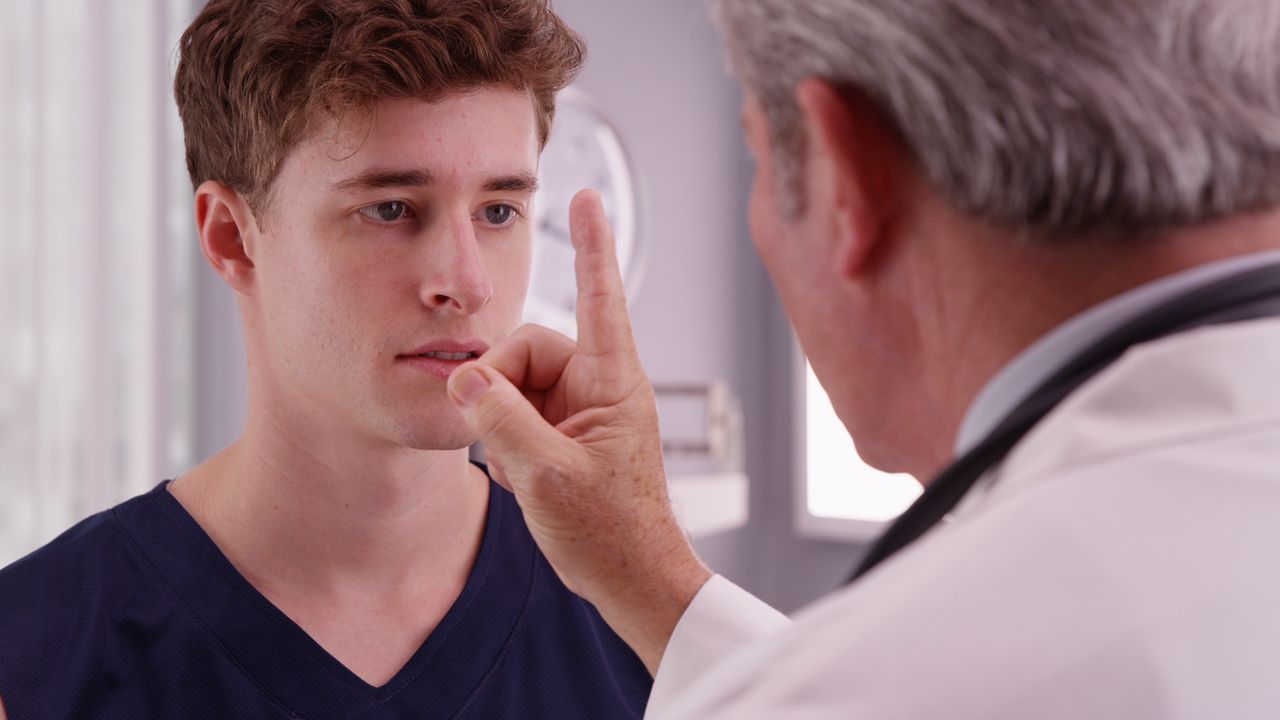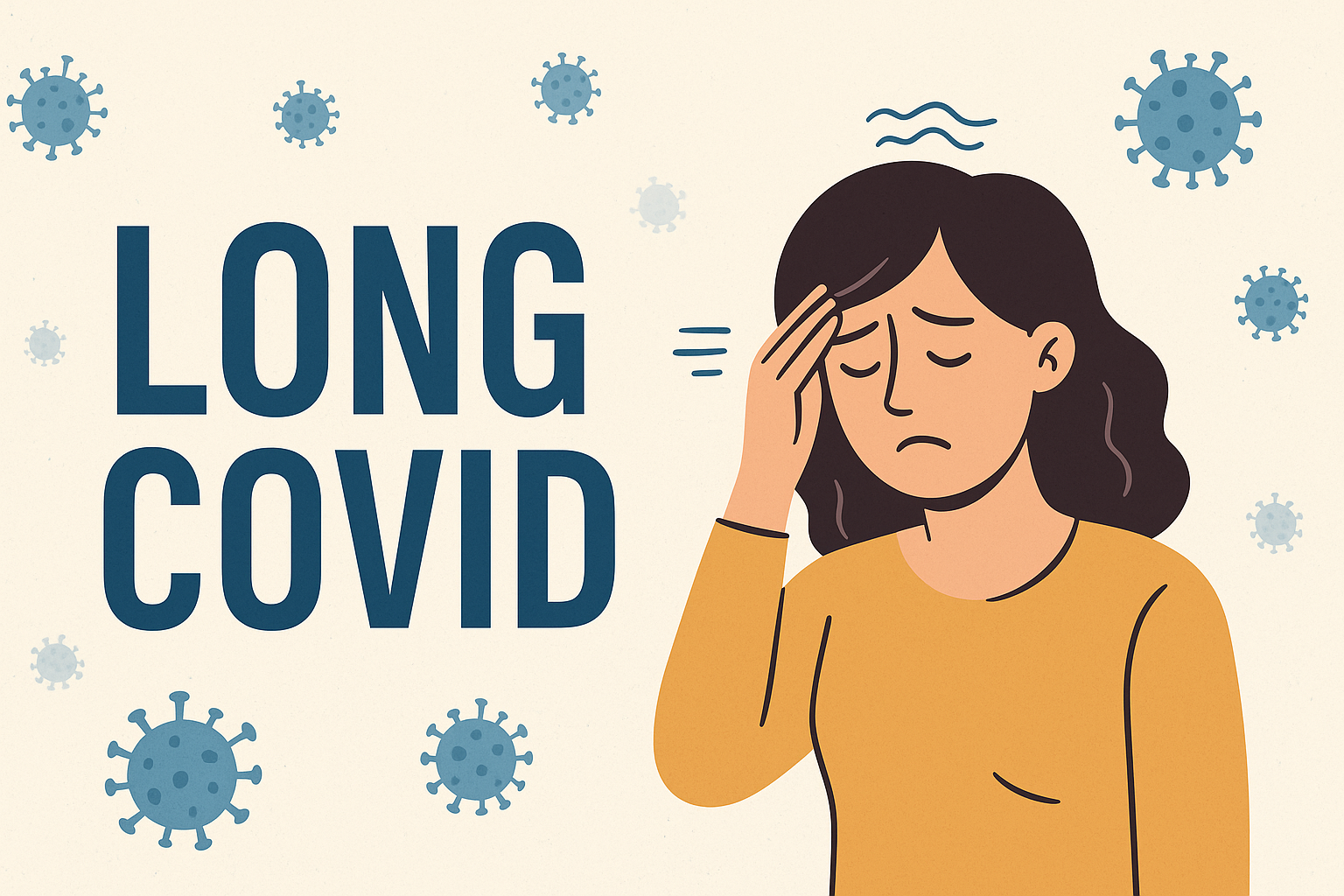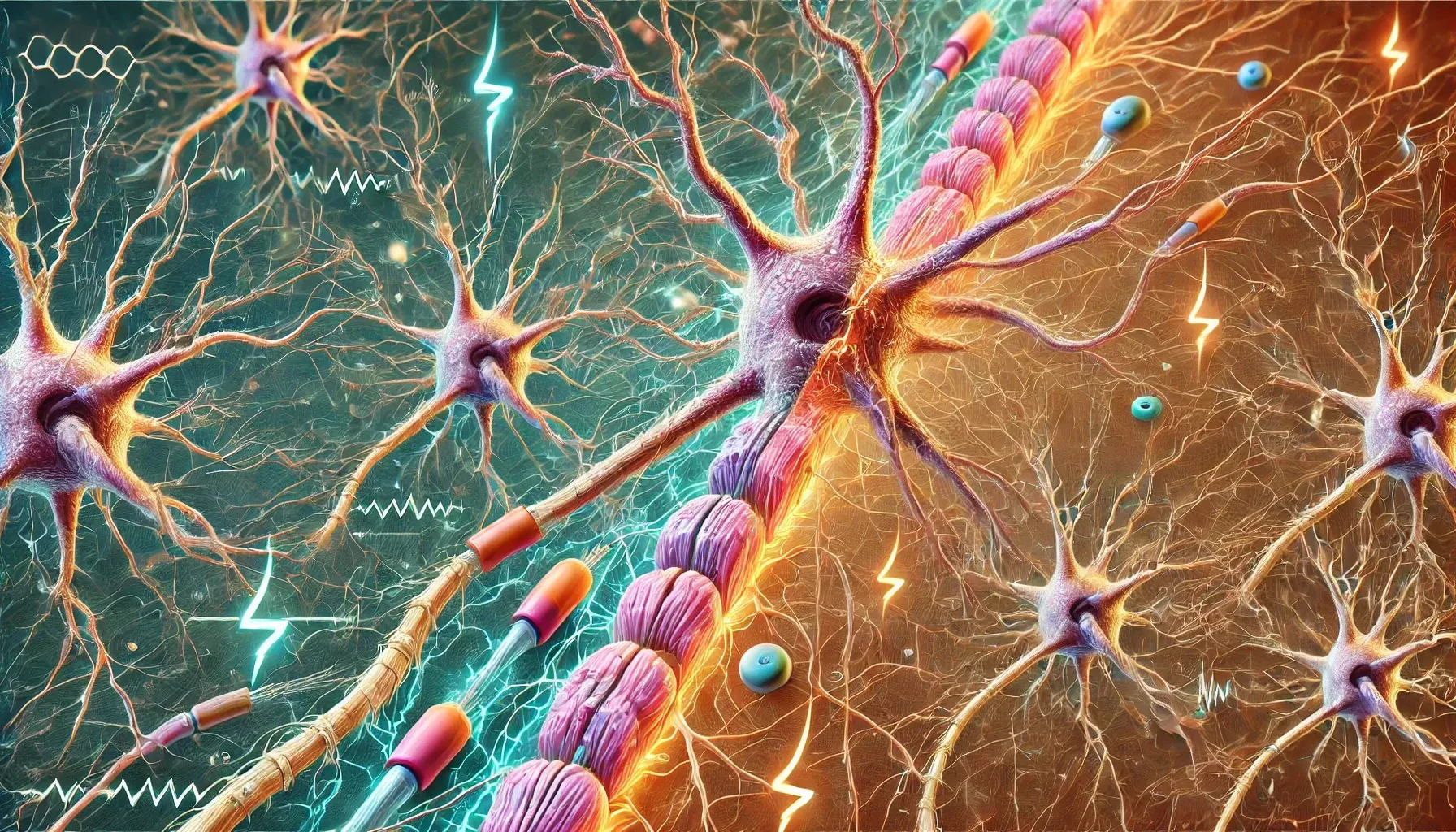The Importance of Following Concussion Protocol in Sports
In the world of sports, ensuring the safety and well-being of athletes is paramount. One critical aspect of player safety is the implementation and adherence to concussion protocols. In this blog post, we'll delve into the significance of concussion protocols, the essential concussion tests, and the crucial aspects of concussion treatment.
Understanding Concussion Protocol
Concussion protocol refers to a set of guidelines and procedures designed to address and manage head injuries, particularly concussions, in athletes. These protocols aim to provide a systematic approach to recognizing, assessing, and treating concussions promptly. The primary goal is to protect the athletes from potential long-term consequences of head injuries.

Recognizing the Signs
Recognizing the signs of a concussion is the first step in the protocol. Symptoms may include headache, dizziness, confusion, nausea, and sensitivity to light or noise. Athletes, coaches, and medical staff must be vigilant in identifying these signs during and after games.
Immediate Removal from Play
If a concussion is suspected, the athlete should be immediately removed from play. Continuing to participate in the game with a head injury can exacerbate the condition and lead to more severe consequences. Quick and decisive action is crucial at this stage.

Concussion Testing
Concussion tests are an integral part of the protocol, aiding in the assessment of the severity of the head injury. These tests are designed to evaluate various cognitive functions and physical abilities affected by concussions.
Impact on Cognitive Functions
Cognitive tests assess memory, concentration, and reaction time. Athletes may undergo assessments like the King-Devick test, which involves rapid eye movement and reading tasks. Identifying any deviations from their baseline performance helps in diagnosing the concussion.

Physical Assessments
Concussion testing also involves physical assessments. Balance and coordination tests, such as the Balance Error Scoring System (BESS), can reveal impairments caused by a head injury. These tests contribute to a comprehensive evaluation of the athlete's condition.
The Crucial Role of Concussion Treatment
Once a concussion is confirmed, proper treatment is essential to facilitate recovery and minimize potential complications. The following are key aspects of concussion treatment.
Rest and Recovery
The cornerstone of concussion treatment is rest. Athletes must allow their brains to heal by avoiding physical and cognitive exertion. This includes abstaining from sports activities, limiting screen time, and getting sufficient sleep.
Gradual Return to Play
A phased and supervised return-to-play protocol is crucial in preventing re-injury. Athletes progress through different stages, gradually reintroducing physical activity under the guidance of medical professionals. This stepwise approach ensures that the athlete is fully recovered before resuming full participation.

Multidisciplinary Approach
Concussion treatment often involves a multidisciplinary approach. Medical professionals, including neurologists, physiotherapists, and sports psychologists, collaborate to address the physical and psychological aspects of recovery. This comprehensive strategy enhances the chances of a successful recovery.
The Consequences of Neglecting Concussion Protocol
Failure to adhere to concussion protocols can have severe consequences. Ignoring the signs and pushing through a head injury can lead to prolonged recovery times, increased risk of re-injury, and potentially permanent damage to the brain. Additionally, repeated concussions without proper management may contribute to chronic traumatic encephalopathy (CTE), a degenerative brain condition.

Conclusion
Concussion protocol is a vital component of sports safety, aimed at protecting athletes from the immediate and long-term effects of head injuries. Recognizing the signs, implementing concussion tests, and providing appropriate treatment are essential steps in ensuring the well-being of athletes. By prioritizing concussion protocols, sports organizations contribute to creating a safer and more responsible sporting environment. Remember, when it comes to head injuries, following the protocol is not just a rule – it's a commitment to the health and future of the athletes we admire and support.
Dr Richard T Dombroski is an expert in concussion management. He has worked with the NFL and other professional sports organizations advising them on concussion protocol and recovery. He spent decades in the United States military helping the solders overcome head injuries, concussions, and amputations. His knowledge of head injuries and other related problems is unsurpassed!
Having retired from the military, Dr. Dombroski now uses his expertise to guide patients (both current military and regular civilians) towards the most efficient and optimal long-term treatment for the best possible recovery outcomes for the degree of trama they have experienced.
If you think you may have had a head injury of any kind it is imperative to have a doctor like Dr. Dombroski evaluate your injury and start your recovery. To see what days and times he is available for an appointment or just to see what might be best for your situation, contact his office today by calling 817-367-9289.



